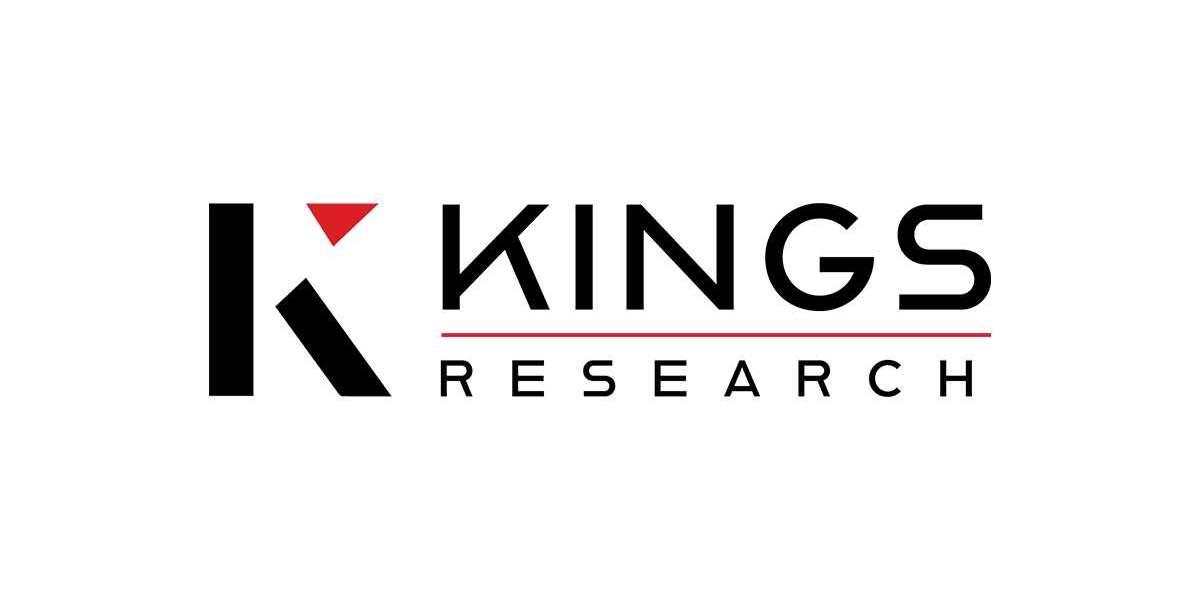U.S. FDA Agents: Guardians of Public Health and Safety
Introduction
The United States Food and Drug Administration (FDA) plays a pivotal role in safeguarding public health by regulating a wide array of products, including food, pharmaceuticals, medical devices, cosmetics, and more. FDA agents, the frontline personnel of this regulatory body, are tasked with ensuring that these products meet stringent safety, efficacy, and quality standards. Their work involves inspections, investigations, compliance enforcement, and collaborations with other agencies. This article delves into the roles and responsibilities of FDA agents, the processes they follow, the impact of their work on public health and industry, and the future trends in regulatory enforcement and public safety.
Roles and Responsibilities of FDA Agents
FDA agents are essential in executing the agency's mission to protect public health. Their roles and responsibilities are diverse, encompassing several key functions that ensure the safety and effectiveness of regulated products.
One of the primary responsibilities of FDA agents is conducting inspections. These inspections cover a wide range of facilities, including food production plants, pharmaceutical manufacturing sites, and medical device companies. During these inspections, agents assess compliance with FDA regulations, identify potential violations, and collect samples for further analysis. The findings from these inspections can lead to enforcement actions, such as recalls, warning letters, or even facility closures.
Another critical function of FDA agents is investigating adverse events and consumer complaints. When reports of adverse reactions or product issues arise, agents conduct thorough investigations to determine the cause and assess the risk to public health. This often involves reviewing medical records, interviewing stakeholders, and coordinating with other regulatory bodies. The outcomes of these investigations can lead to product recalls, safety alerts, and regulatory updates.
Compliance enforcement is a significant aspect of an FDA agent's role. Agents ensure that companies adhere to regulatory requirements by reviewing their practices, procedures, and documentation. This includes evaluating labeling, advertising claims, and manufacturing processes. When non-compliance is detected, agents work with the companies to develop corrective actions and monitor their implementation. In cases of severe or persistent violations, agents may initiate legal actions or impose fines.
Furthermore, FDA agents play a vital role in public outreach and education. They provide guidance and information to industry stakeholders, healthcare professionals, and the public about regulatory requirements and safety standards. This includes conducting training sessions, participating in industry conferences, and disseminating educational materials. By fostering a better understanding of FDA regulations, agents help promote voluntary compliance and improve overall public health outcomes.
The Inspection and Investigation Process
The inspection and investigation processes carried out by FDA agents are rigorous and methodical, designed to ensure comprehensive assessment and enforcement of regulatory standards. These processes involve several steps, each critical to maintaining the integrity and safety of regulated products.
The inspection process typically begins with a pre-inspection planning phase. During this phase, FDA agents review the facility's history, including past inspection reports, compliance records, and any previous violations. This information helps agents identify areas of concern and develop a focused inspection plan. The planning phase also involves coordination with other FDA offices and, if necessary, external regulatory bodies.
Once on-site, FDA agents conduct a thorough examination of the facility. This includes assessing the physical condition of the premises, evaluating the production processes, and reviewing documentation. Agents pay particular attention to areas where violations are most likely to occur, such as sanitation practices, ingredient sourcing, and quality control measures. They may also interview employees to gain insights into the facility's operations and compliance culture.
During the inspection, agents collect samples of products, raw materials, and environmental swabs for laboratory analysis. These samples are tested for contaminants, potency, and other quality parameters to ensure they meet FDA standards. Agents document their findings in detailed inspection reports, noting any deviations from regulatory requirements and potential risks to public health.
The investigation process, triggered by adverse event reports or consumer complaints, is equally thorough. FDA agents begin by gathering preliminary information, such as incident details, product usage patterns, and patient medical histories. They may also conduct site visits to healthcare facilities, pharmacies, or homes where the adverse events occurred. This on-the-ground investigation helps agents gather firsthand information and assess the scope and severity of the issue.
Agents then analyze the collected data to identify the root cause of the adverse event. This involves collaborating with toxicologists, pharmacologists, and other experts within the FDA. The investigation's findings are used to determine whether regulatory actions, such as product recalls or safety warnings, are necessary. In cases where criminal activity is suspected, agents work closely with the FDA's Office of Criminal Investigations and other law enforcement agencies.
Impact on Public Health and Industry
The work of FDA agents has a profound impact on both public health and industry practices. Their efforts to enforce regulations and ensure compliance help protect consumers from unsafe and ineffective products, thereby maintaining trust in the healthcare system and the market.
For public health, FDA agents play a crucial role in preventing harm. By identifying and addressing potential risks in food, pharmaceuticals, and medical devices, they help prevent outbreaks of foodborne illnesses, adverse drug reactions, and device malfunctions. Their vigilance ensures that products on the market are safe for consumption and use, thereby reducing the incidence of health issues and enhancing overall public safety.
In addition to direct health benefits, the work of FDA agents also fosters a culture of compliance within the industry. By holding companies accountable and promoting best practices, agents encourage manufacturers to adopt higher standards of quality and safety. This, in turn, leads to innovations in production processes, better product quality, and increased consumer confidence. Companies that consistently meet FDA standards can also gain a competitive advantage, as compliance with rigorous regulations is often seen as a mark of reliability and trustworthiness.
Furthermore, FDA agents' efforts in public outreach and education contribute to a more informed public. By providing clear and accurate information about product safety and regulatory requirements, they empower consumers to make informed decisions. This education helps to prevent misuse of products and promotes healthier lifestyles.
The impact of FDA agents extends globally as well. Many countries look to the FDA as a model for their own regulatory frameworks. By setting high standards and demonstrating effective enforcement, FDA agents help shape international regulatory practices, contributing to global public health and safety.
Future Trends in Regulatory Enforcement and Public Safety
The landscape of regulatory enforcement and public safety is continually evolving, influenced by technological advancements, emerging health threats, and changing consumer expectations. FDA agents must adapt to these trends to remain effective in their roles.
One significant trend is the increasing use of technology in regulatory enforcement. Innovations such as artificial intelligence, machine learning, and blockchain are transforming how FDA agents conduct inspections and investigations. For example, AI can analyze vast amounts of data to identify patterns and predict potential compliance issues, enabling agents to focus their efforts more effectively. Blockchain technology can enhance traceability and transparency in supply chains, making it easier to verify the authenticity and safety of products.
Another trend is the growing emphasis on proactive rather than reactive approaches to public health. FDA agents are increasingly involved in initiatives aimed at preventing health issues before they arise. This includes promoting good manufacturing practices, supporting the development of safer products, and encouraging the use of innovative technologies. By focusing on prevention, agents can help reduce the burden of disease and improve public health outcomes.
The global nature of the modern supply chain presents new challenges and opportunities for FDA agents. Ensuring the safety and quality of imported products requires collaboration with international regulatory bodies and the adoption of harmonized standards. FDA agents are likely to play a more significant role in global regulatory networks, sharing information and best practices to enhance worldwide public health.
Consumer expectations are also evolving, with increasing demand for transparency, sustainability, and ethical practices. FDA agents must ensure that regulations keep pace with these expectations, addressing issues such as environmental impact, animal welfare, and social responsibility. By doing so, they can help foster a more sustainable and equitable market.
Finally, the ongoing COVID-19 pandemic has highlighted the importance of agile and responsive regulatory enforcement. FDA agents have had to adapt quickly to new challenges, such as ensuring the safety and efficacy of vaccines and treatments, addressing supply chain disruptions, and combating misinformation. The lessons learned from the pandemic will shape future approaches to regulatory enforcement, emphasizing the need for flexibility, resilience, and collaboration.
Conclusion
us fda agent are critical to protecting public health and ensuring the safety and efficacy of a wide range of products. Their roles encompass inspections, investigations, compliance enforcement, and public education, all aimed at maintaining high standards and preventing harm. The impact of their work extends beyond immediate health benefits, fostering a culture of compliance and innovation within the industry. As the regulatory landscape evolves, FDA agents must adapt to new technologies, emerging health threats, and changing consumer expectations. Their continued vigilance and adaptability will be essential in safeguarding public health and ensuring the integrity of the market.
Top of Form
Bottom of Form








